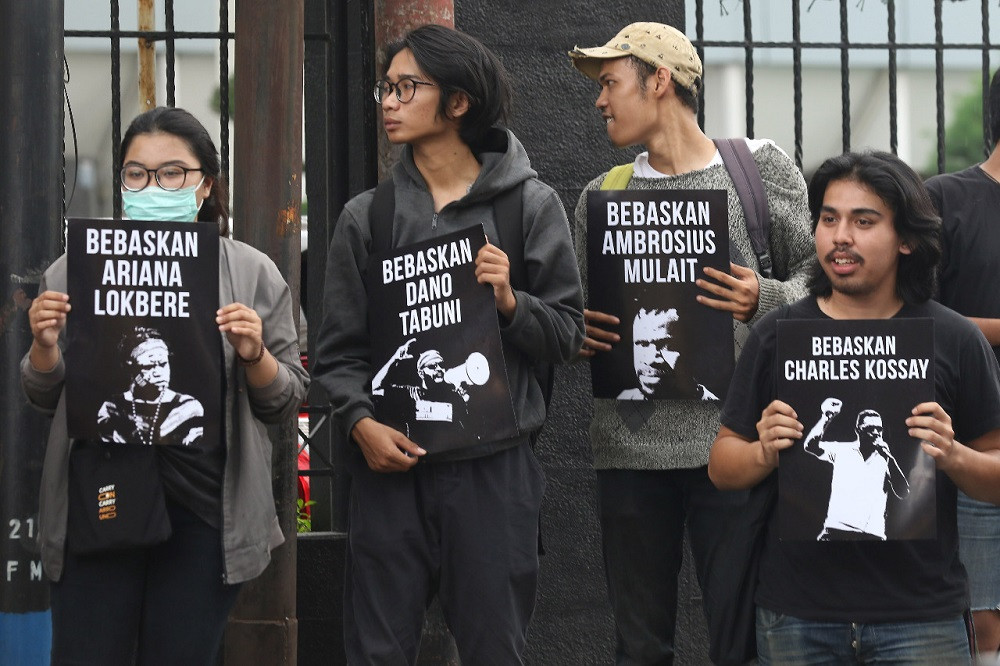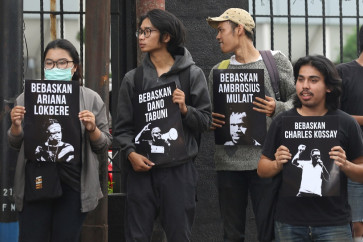Popular Reads
Top Results
Can't find what you're looking for?
View all search resultsPopular Reads
Top Results
Can't find what you're looking for?
View all search resultsReclaiming Jakarta as a youthful city
Digital applications and a growing youth demographic will generate better citizen participation.
Change text size
Gift Premium Articles
to Anyone
J
akarta was once known as a youth city. In the early 20th century, youths from all over the archipelago migrated to then-Batavia for study. In that particular year span, the Dutch colonial government allowed a selected group of young indigenous people to study in schools that belonged to the government.
A generation of well-educated indigenous youth was born in the Dutch East Indies. The educated youth then utilized their wide knowledge of the world to create a revolution. A youth pledge that united all indigenous young generations from all over the archipelago was held on Oct. 28, 1928. Seventeen years later, the same group of people proclaimed Indonesia’s Independence.
The youth years are the most important period for a society’s development. Prof. Slamet Iman Santoso, the founder of the School of Psychology at the University of Indonesia (UI), said that the “youth years are projective years”. Through his statement, he emphasized that the future of society was only a reflection of what people did and learned during their youth years.
The hobbies, activities and values that we acquire during our youth years mostly last until adulthood. Unfortunately, many youth stakeholders do not realize the importance of managing youths for future city plans.
Indonesia’s population is experiencing a demographic transformation until 2030 or 2035. The youth segment will progressively dominate all public sectors, as well as the free market trends. These youth demographic bonuses also carry many potential problems at the same time. Political instability is one of them.
Many surveys also found expanding tendencies toward religious intolerance among youths. A Center for the Study of Islam and Society (PPIM) survey conducted in 2019 captured shocking data on religious intolerance among university students. Through its survey, the PPIM noted that more than 60 percent of university students had an intolerant opinion toward internal and external groups. In another survey by Setara Institute in 2015, which tries to measure intolerance levels based on city areas, Greater Jakarta ranked among 10 of the most intolerant regions in Indonesia.
Millennial narratives have then rapidly expanded and incorporated other narratives, which is the fourth industrial revolution. At its core, the fourth industrial revolution offers three main concepts for the free market: automation, digitalization and artificial intelligence.


















